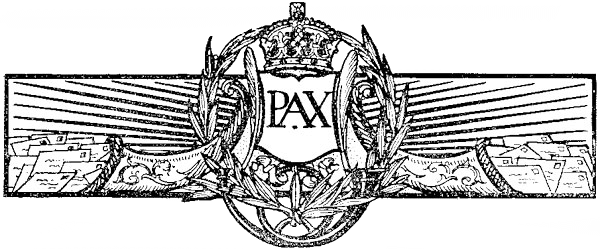Roman Empire

Background
The Roman Empire followed the Roman Republic and lasted between 27 BCE/BC and 337 CE/AD. Following this the Roman empire would collapse and the eastern portion would be formed as the Byzantine Empire.
The Roman Empire stands as one of the most enduring and influential civilizations in history, spanning over a millennium and leaving an indelible mark on Western civilization. Its history is characterized by periods of expansion, consolidation, cultural achievement, and eventual decline.
The Roman Empire traces its origins to the reign of Augustus (formerly known as Octavian), who established himself as the first Roman emperor in 27 BCE following the end of the Roman Republic. Augustus initiated a period of relative stability known as the Pax Romana (Roman Peace), during which the empire experienced unprecedented economic prosperity and cultural flourishing.
Under Augustus and his successors, the Roman Empire expanded its borders through a series of military conquests, incorporating vast territories across Europe, Africa, and Asia. Key conquests included the annexation of Egypt, the conquest of Gaul under Julius Caesar, and the campaigns of Trajan, which extended Roman rule to its greatest territorial extent.
The Roman Empire was characterized by a sophisticated administrative system that allowed for the efficient governance of its vast territories. Provinces were overseen by governors appointed by the emperor, while Roman law, language, and culture were spread throughout the empire, fostering a sense of unity and identity among its diverse inhabitants.
Cultural achievements flourished during the Roman Empire, particularly in literature, art, architecture, and engineering. Roman poets such as Virgil, Horace, and Ovid left a lasting literary legacy, while monumental architectural projects like the Colosseum, Pantheon, and aqueducts stand as testament to Roman engineering prowess.
Despite its achievements, the Roman Empire faced numerous challenges throughout its history. Internal strife, economic instability, and political intrigue plagued the empire, leading to periods of civil war and unrest. The rise of Christianity also posed a challenge to traditional Roman religion and values, eventually leading to its adoption as the state religion under Emperor Constantine.
The decline of the Roman Empire is a complex process marked by various factors, including economic decline, military overextension, barbarian invasions, and internal divisions. The empire eventually split into the Western Roman Empire and the Eastern Roman Empire (later known as the Byzantine Empire) in the 4th century CE, with the Western Empire succumbing to the pressures of invasion and collapse in 476 CE.
Despite its eventual demise, the Roman Empire's legacy endured, shaping the course of Western civilization in areas such as law, language, religion, and governance. The enduring influence of Roman culture and institutions continues to be felt today, underscoring the significance of this remarkable civilization in world history.
Roman Cultures
Roman Cultures
Sources
Primary Sources
Secondary Sources
Related Links
Youtube: Rome In The 1st Century - Episode 1: Order From Chaos